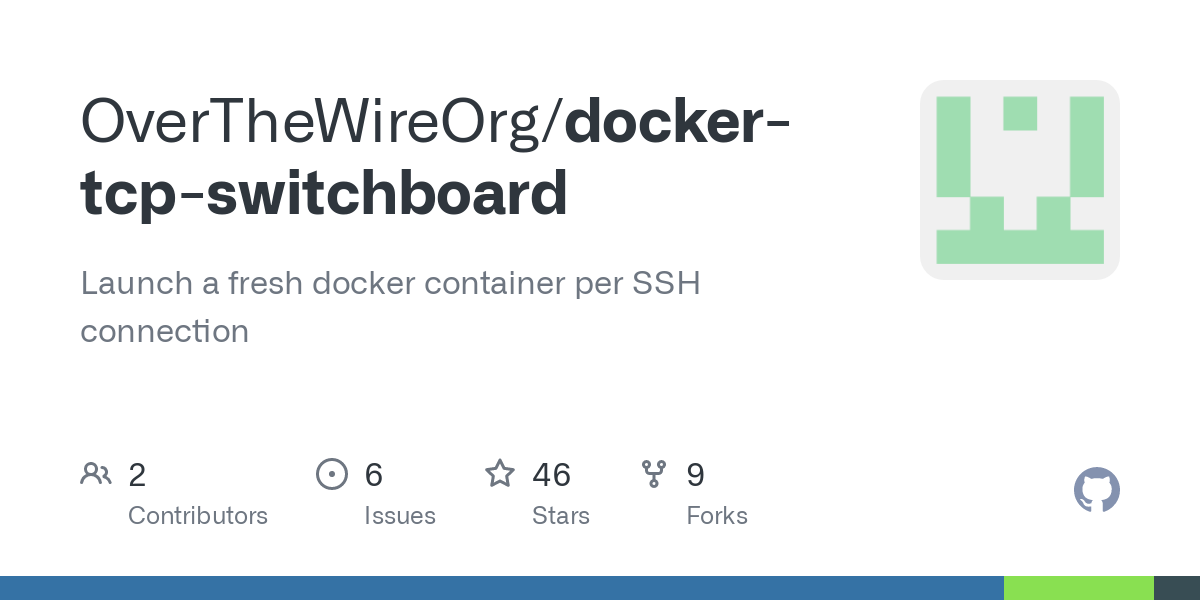

No, I think if you’re using the nextcloud all in one image, then the management image connects to the docker socket and deploys nextcloud using that. The you could be able to update nextcloud via the web ui.
https://github.com/nextcloud/all-in-one?tab=readme-ov-file#how-to-update-the-containers













I cannot find anything related to that in their documentation, their about page, or their whitepaper.
They talk a lot about decentralized computing, but any form of secure enclave or code verification isn’t mentioned.
Compare that to this project, which is similar, but incomplete. However, quilibrium uses it’s own language instead of python or javascript, like golem does. The docs for golem do not explain how I am supposed to verify a remote server is actually running my python/javascript code.